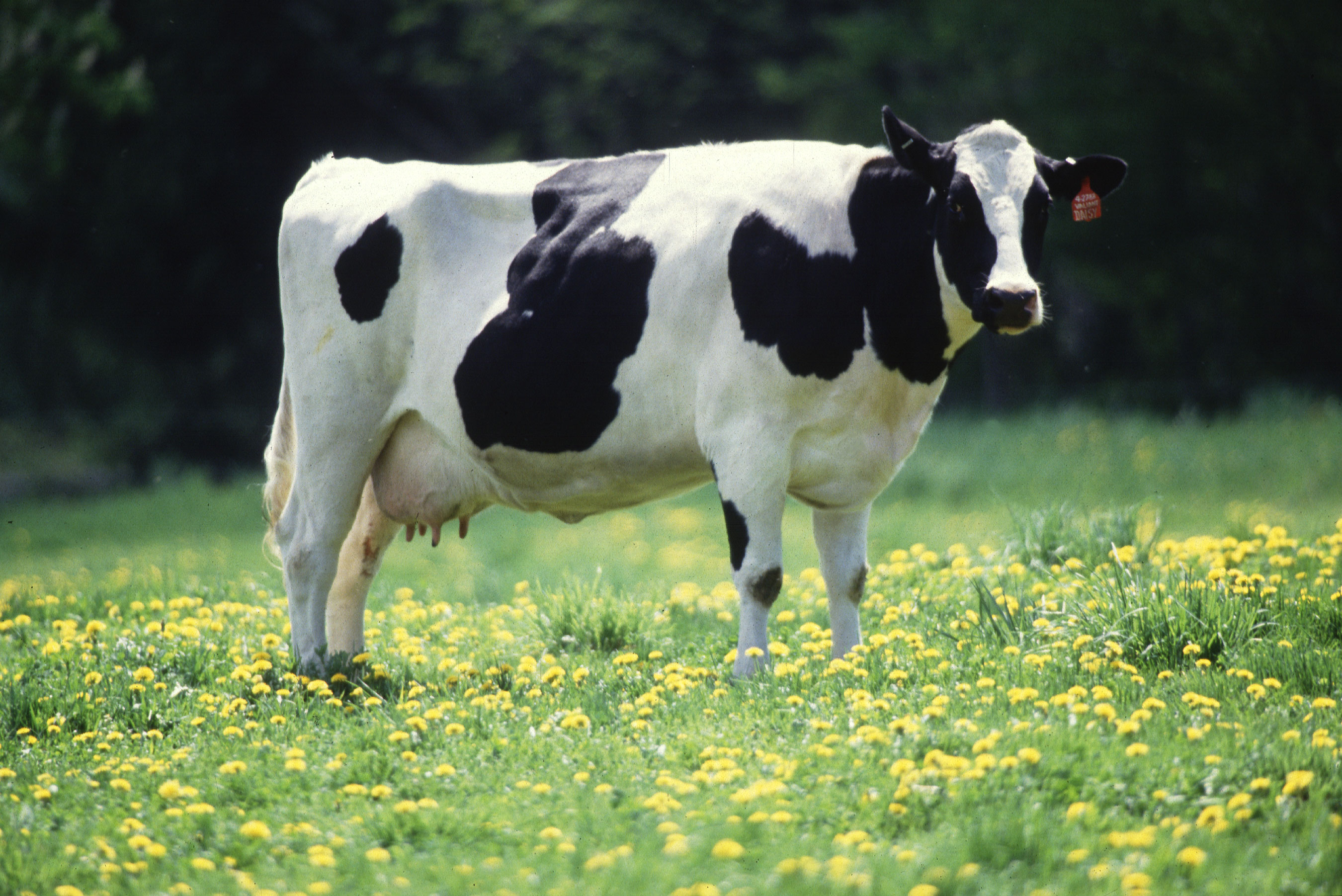
Almost three quarters of dairy farms sampled in recent bulk milk tests showed some level of exposure to gutworms – significantly compromising herd health and productivity.
The tests were conducted by Norbrook on nearly 300 farms across the UK, from July to December 2015. Results showed a high or very high level of exposure to gutworm in 73% of samples.
Rebecca Laborne, Product Manager at Norbrook, says these latest results from the company’s Bulk Milk Tank Testing highlight a worryingly high exposure to gutworm in adult dairy cattle.
"The results are quite staggering because gutworms have a substantial impact on herd health and negatively impact milk productivity in dairy cattle.
"As well as decreasing milk yield, these intestinal parasites decrease appetite, and can have a long term negative impact on herd fertility."
Norbrook offers free bulk milk samples to gauge levels of infection by measuring the antibody to the gastro-intestinal nematode, Ostertagia ostertagi.
High antibody levels have been associated with a drop in annual average milk production of up to 1.2kg/day.
Anthelmintic treatment
Mrs Laborne says there are many benefits to using an anthelmintic treatment in adult cattle – and these are typically more dramatic in herds with a high proven antibody level.
"When appropriate, treating adult cows with anthelmintics has many proven benefits on performance.
"This includes increased dry matter intake of up to one kilogramme per cow per day and improved fertility – one study suggests that might be as much as a 20% increase in conception rate at first service.
"Other studies show improved fat, protein and milk solids. Yield improvement after treatment can be up to two litres per cow per day," says Stephanie Small BVSc MRCVS, Veterinary Advisor at Norbrook.
Eprizero is a pour-on solution for beef and dairy cattle for the treatment and prevention of gastrointestinal roundworms, lungworms, warbles and treatment of mange mites, lice (biting and sucking) and horn flies.
The solution has a zero hour milk withdrawal period and 10 day meat withdrawal period.
It is estimated that outbreaks of lungworm cost £50-£100 per head in growing cattle, and lost milk production cost in adults could reach £3 per cow per day, resulting in losses of millions of pounds for the UK herd annually.
With a 28 day persistency for both gutworm and lungworm infections, Eprizero gives dairy farmers the confidence of treating both infections simultaneously and is convenient to apply.
Mrs Laborne adds that there is often a misconception that exposure to gutworms and lungworms in adult dairy cattle has no effect on productivity but multiple studies have shown this to be untrue.
